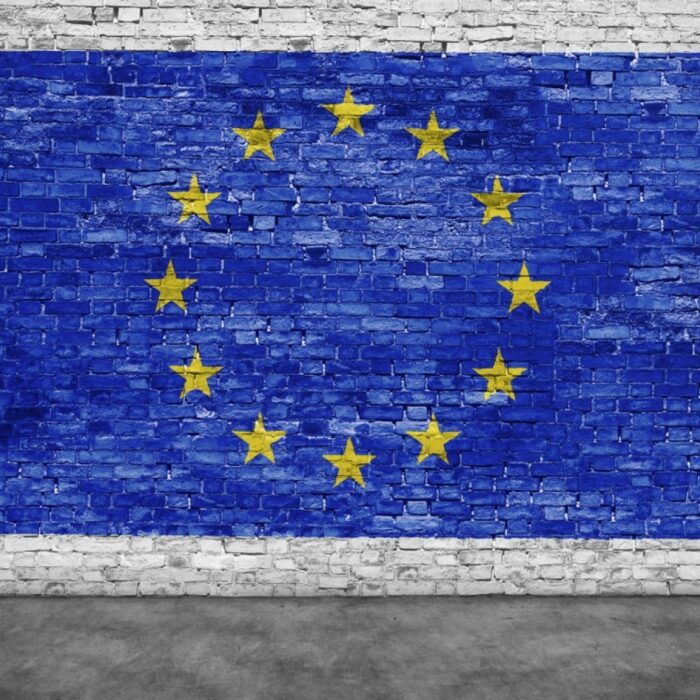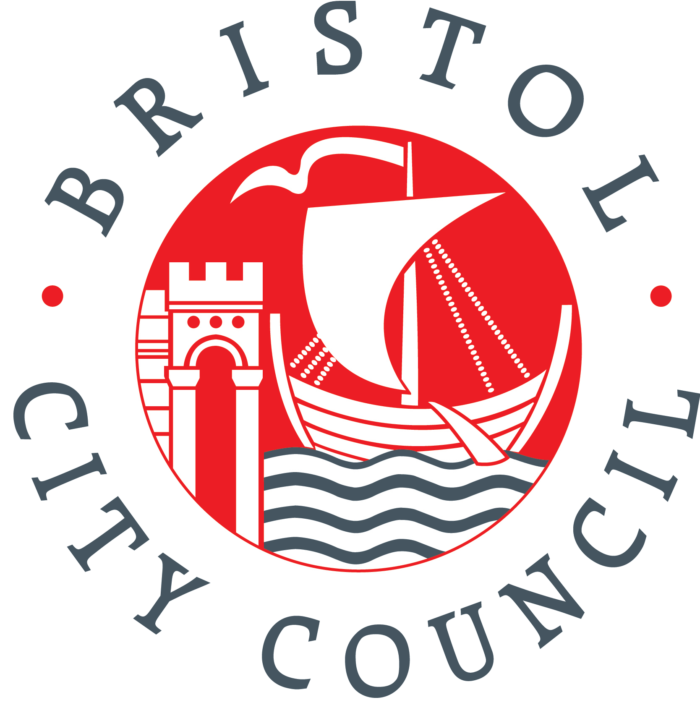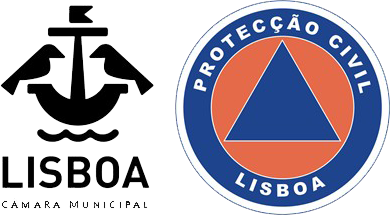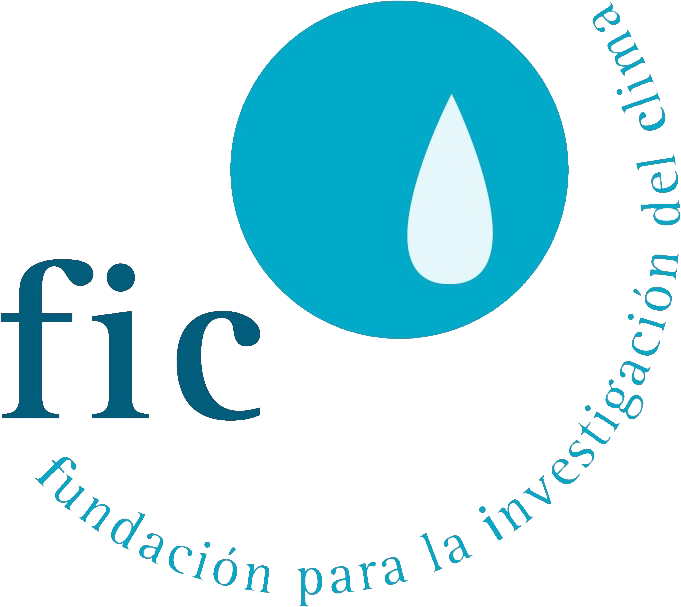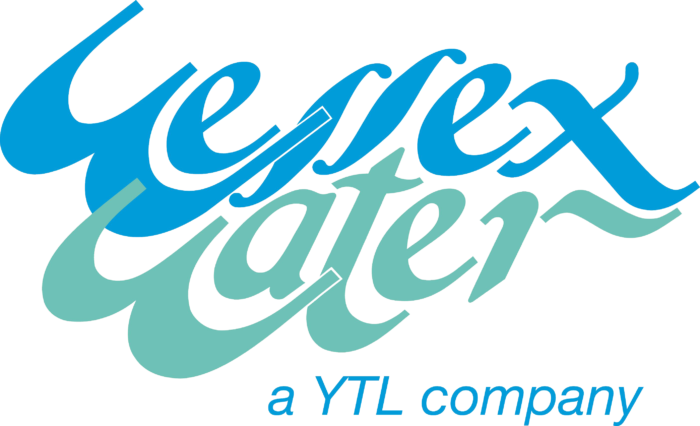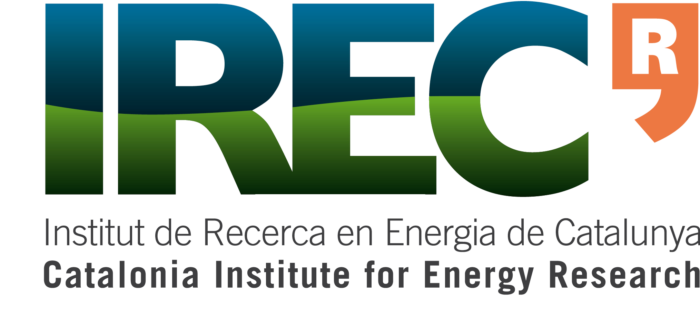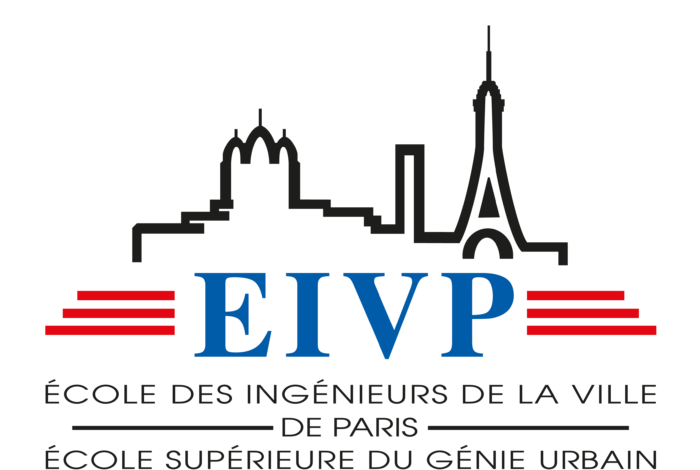RESCCUE
in the world of cities
Today, 54% of the world’s population lives in cities, a proportion that is expected to increase to 66% by 2050. These cities are constantly facing different impacts of climate change that not only cause significant economic losses but also pose challenges to urban living: 8 of the 10 most populous cities are vulnerable to earthquakes, and 6 of the 10 are at risk from floods, storm surges and tsunamis.
In this context, Europe’s first large-scale innovation and urban resilience project RESCCUE was born to improve urban resilience: the capability of cities to anticipate, prepare for, respond to, and recover from significant multi-hazard threats with minimum damage.
RESCCUE factsheet:
Name: RESilience to cope with Climate Change in Urban arEas – a multisectorial approach focusing on water
Acronym: RESCCUE
Funding: European Union’s Horizon 2020 Research and Innovation Programme
Call and topic: H2020-DRS-09-2015 – Disaster Resilience
Climate Change topic 1: Science and innovation for adaptation to climate change: from assessing costs, risks and opportunities to demonstration of options and practices
Grant Agreement Number: 700174
Budget: 8.023.342,50 €
EU Contribution: 6.896.991,76 €
Duration: 48 months (May 2016 – April 2020)
Consortium: 18 partners
Coordinator: Aquatec – SUEZ Advanced Solutions
The big challenge
Facing climate change in urban areas
The RESCCUE project aims to help urban areas around the world to become more resilient to climate change.
More precisely, RESCCUE will bring this objective to practice by providing innovative models and tools to improve the ability of cities to withstand and recover quickly from multiple shocks and stresses and maintain continuity of services.
An end-users – city managers and urban service operators – oriented toolkit will have the capability to be deployed to different types of cities, with different climate change pressures.


Water-focused multisectorial approach
A multisectorial approach, a key advantage of resccue
Cities, being complexes of interdependent systems, cannot be understood by sectorial and disciplinary approaches alone3. In this sense, RESCCUE goes beyond conventional urban resilience approaches delivering a forward looking, multi-scale, multisectorial and multi-hazard methodology. In order to interconnect the several sectorial models, the project will take advantage of the existent HAZUR® tool. The HAZUR® approach is based on a method and software (as a service) to help city decision makers and urban resilience professionals make fully informed and structured choices to make their cities more resilient analyzing the interdependencies between different city services, monitoring the city and simulating cascade effects in case of impacts that may affect the city.
Based on this holistic approach, RESCCUE will analyze an interconnectedness of different urban systems, taking as starting point the water sector. This sector has been highlighted due to the importance of water- related risks in the correct functioning of a city: droughts or heavy rains can produce critical impacts on strategic urban services such as water supply, solid waste, telecommunication, energy supply, transport, etc.
3 research sites
3 cities, 3 different challenges
The models and tools will be validated in three different cities, carefully selected by their representativeness of the European diversity in terms of climate type and city characteristics: Barcelona, Lisbon and Bristol.
The aim of having three cities as the validation platform and first application of RESCCUE’s results will guarantee that the final product is complete, qualified and will ensure its maximum replicability when the project ends.
Click on the map to get a short description of the characteristics of each research site and their current status in the resilience building.
Expected impacts
Future cities, resilient cities
Most of world population will end up living in cities, therefore it is critical and highly urgent to have tools available to assess, plan and monitor urban resilience in an integral way. There is where RESCCUE will contribute with a set of innovative tools for urban resilience assessment, planning and management. These tools will help cities with their climate change adaptation strategy and will also improve their current capacity to cope with emergencies.
In particular, the main impacts expected from the project are:
- Rapid large-scale deployment and market uptake of innovative technological and non-technological climate change adaptation solutions with high replicability.
- Contribution to the development of technological and performance standards for adaptation options.
- Improving innovation capacity and the integration of new knowledge.
- Strengthening the competitiveness and growth of companies by developing innovations meeting the needs of European and global markets; and, where relevant, by delivering such innovations to the markets.
- Environmental and social impacts based on citizens’ protection and security by enabling a better coordination of the city emergency teams and consequently, a faster response from their side.
Together we can
The RESCCUE family is formed by*
- Project coordinator: Aquatec – SUEZ Advanced Solutions
- 3 City councils of the cities included in the study: Barcelona, Lisbon and Bristol
- The United Nations agency UN-Habitat.
- Urban services companies: Endesa, EDP, Aguas de Portugal, and Wessex Water.
- Research centres: Cetaqua, FIC, LNEC and IREC.
- Universities: Exeter and EIVP.
- SMEs: Hidra and UrbanDNA.
Project structure
RESCCUE project will be implemented through a set of eight work packages (WPs). The figure on the left depicts the project structure adopted by RESCCUE specifying the relations among WPs and their leaders.
About H2020
Excellent science, industrial leadership and societal challenges
The RESCCUE project is co-funded by the Horizon 2020 – the biggest EU Research and Innovation programme ever that encourages Europe’s most promising ideas get from the laboratory to the market.
